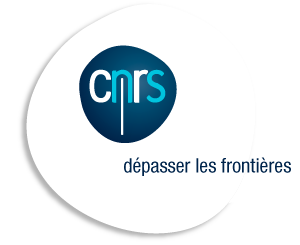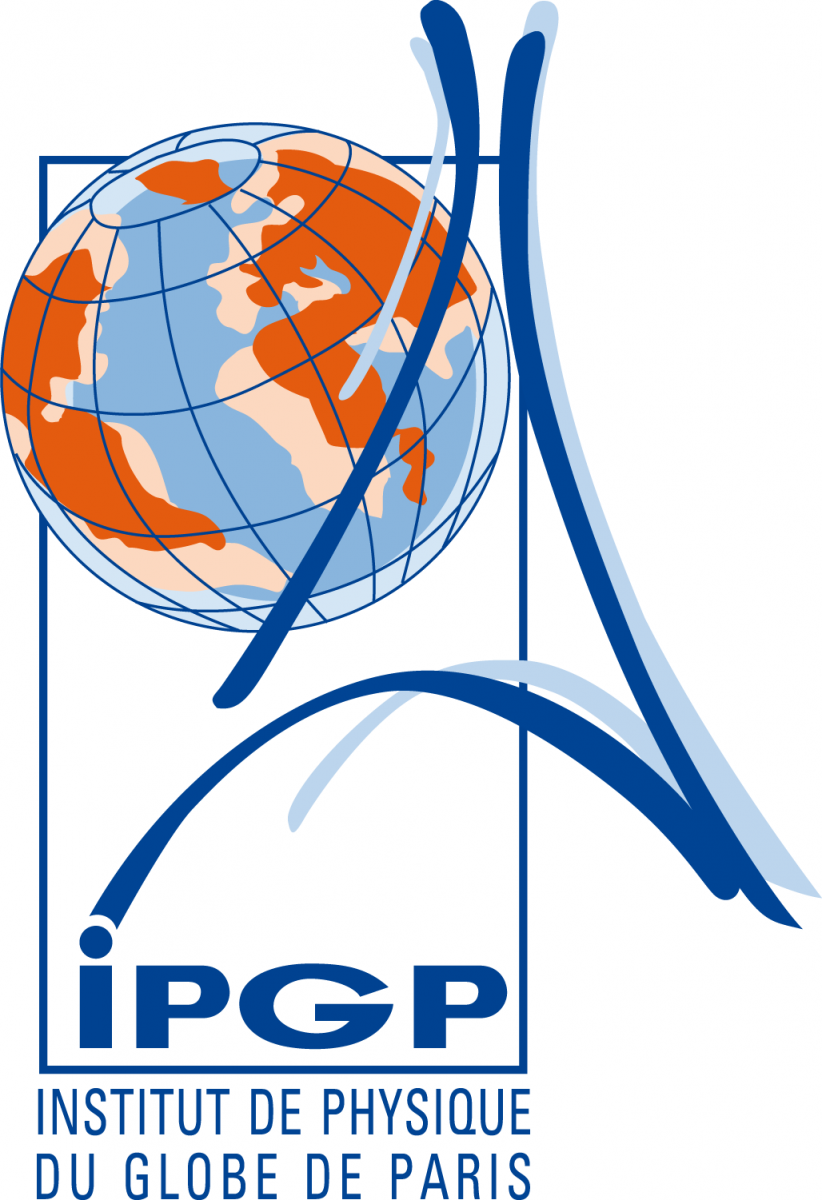Chairs: Anna Metaxas (Dalhousie University, Canada) and Lauren Mullineaux (Woods Hole Oceanographic Institution, USA)
Steering committee: Stephane Hourdez (Station Biologique de Roscoff, France), Andreas Thurnherr (Lamont-Doherty Earth Observatory, USA), Hiromi Watanabe (JAMSTEC, Japan), Yong-Jin Won (Ewha Womens University, Korea)
Other members (have expressed interest to date following a coordinating meeting at the 5th International Symposium on Chemosynthesis-Based Ecosystems ): Shawn Arellano (Western Washington University, USA), Chuck Fisher (Pennsylvania State University, USA), Breea Govenar (Rhode Island College, USA), Ana Hilario (University of Aveiro,Portugal), Lisa Levin (Scripps Institute of Oceanography, USA), Steffan Sievert (Woods Hole Oceanographic Institution, USA), Andrew Thurber (Oregon State University, USA), Verena Tunicliffe (University of Victoria, Canada)
Motivation
The ecological connectivity of vent communities, and their resilience in the face of disturbance, has been a hot topic of research ever since their discovery. Of late, this topic has become particularly timely and societally relevant as plans for deep-sea mining progress toward implementation. It is also directly relevant to management decisions under consideration for recently designated deep Marine Protected Areas (MPAs), such as those on the Endeavour Segment, in the Marianas region, on the mid-Atlantic Ridge off the Azores, and in the Guaymas Basin and Eastern Pacific Rise. These topics were also identified in InterRidge’s third decadal plan.
Review paper published by the Ecological Connectivity and Resilience WG members
Mullineaux LS, Metaxas A, Beaulieu SE, Bright M, Gollner S, Grupe BM, Herrera S, Kellner JB, Levin LA, Mitarai S, Neubert MG, Thurnherr AM, Tunnicliffe V, Watanabe HK and Won Y-J (2018) Exploring the Ecology of Deep-Sea Hydrothermal Vents in a Metacommunity Framework. Front. Mar. Sci. 5:49. doi:10.3389/fmars.2018.00049




